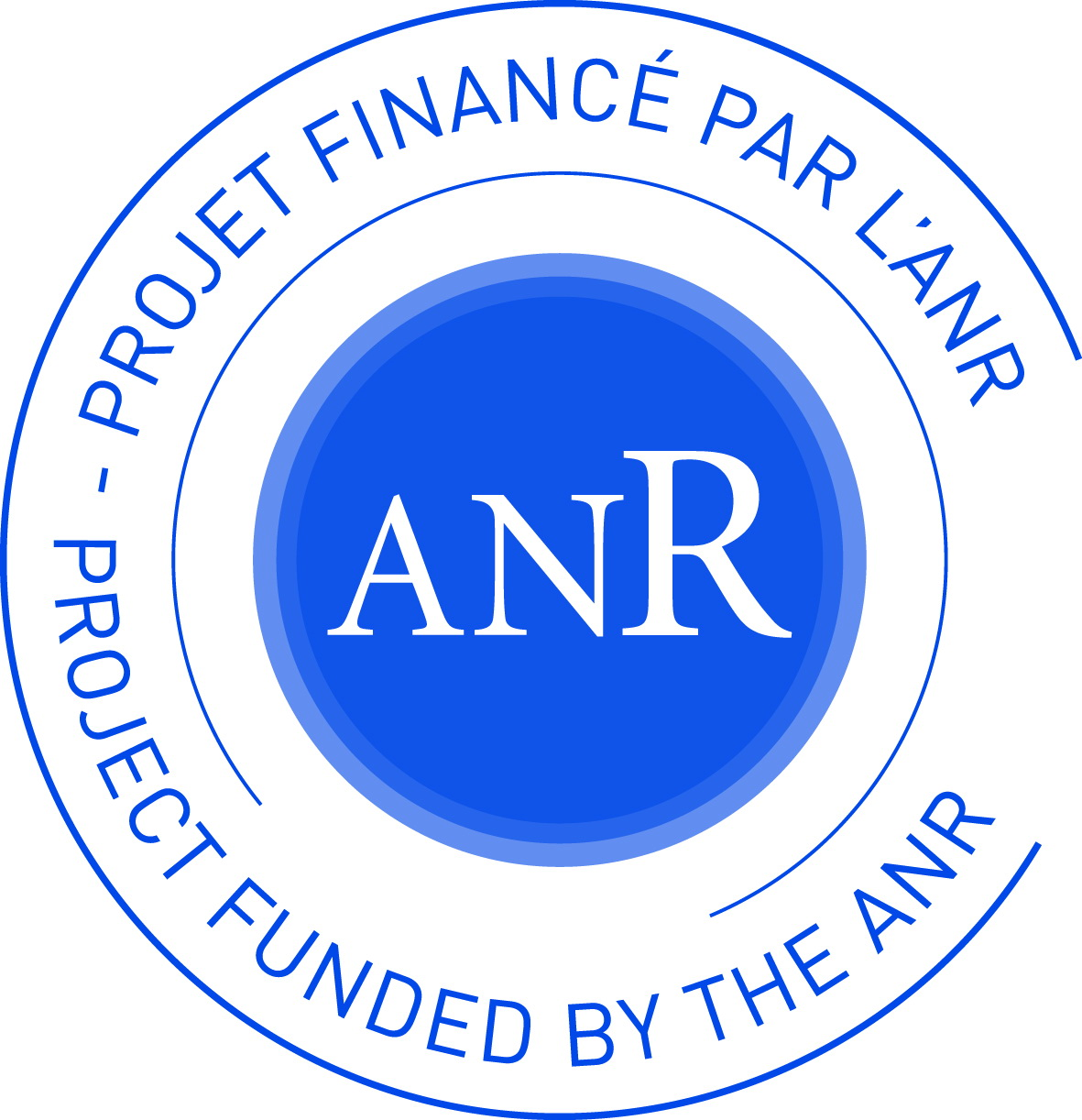Proceedings of the 2nd International Workshop on Natural Language Generation and the Semantic Web are now available.
With the development of the Semantic Web technology and the advent of Linked Data, the connection between Natural Language Generation (NLG) and the Semantic Web (SW) is rapidly strengthening.
The goal of this workshop is to promote the discussion and exchange of related research on NLG and the SW. The workshop invites the submission of abstracts, e.g. on work in progress, system demonstrations, a negative result, an opinion piece or a summary of research activities.
WebNLG 2016 is colocated with the 9th International Natural Language Generation Conference (INLG S 2016) to be held in Edinburgh, Scotland, September 5-8, 2016.
Invited Speaker: Roberto Navigli:
BabelNet: past, present and future:
In this talk I will overview work done in my group at the Linguistic Computing Laboratory in the Computer Science Department of the Sapienza University of Rome which addresses key problems in multilingual lexical semantics. I will start from a brief introduction to BabelNet, the largest multilingual semantic network and encyclopedic dictionary covering 14 million concepts and entities, and 271 languages, also at the core of the so-called Linguistic Linked Open Data cloud. I will move on to Word Sense Disambiguation and Entity Linking in arbitrary languages with "zero training" (Babelfy) and then present recent latent and explicit vector representations of meaning which obtain state-of-the-art results in several NLP tasks. Finally, I will present my plan for making BabelNet a sustainable, continuously-improved resource. This is joint work with several people from my NLP group at Sapienza.
Roberto Navigli is an Associate Professor in the Department of Computer Science of the Sapienza University of Rome. He was awarded the Marco Somalvico 2013 AI*IA Prize for the best young researcher in AI. He was the first Italian recipient of an ERC Starting Grant in computer science (2011-2016), and a co-PI of a Google Focused Research Award on Natural Language Understanding. In 2015 he received the META prize for groundbreaking work in overcoming language barriers with BabelNet. His research lies in the field of multilingual Natural Language Processing. Currently he is an Associate Editor of the Artificial Intelligence Journal.
The program is now available, you can download it here.
